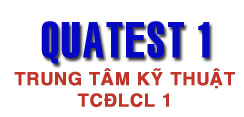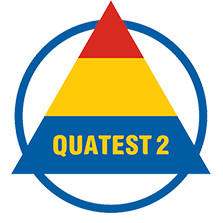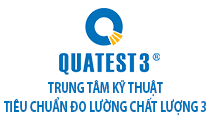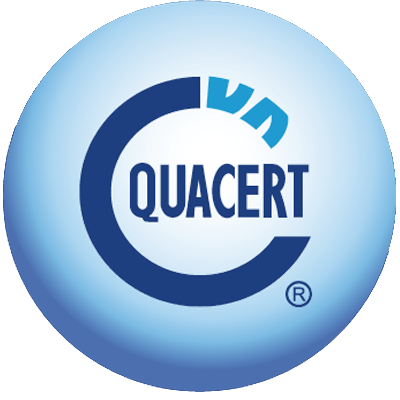Identifying, Analyzing, and Reducing Waste in Material Usage with MFCA
Post date: Wednesday, Sep 18, 2024 | 18:02 - View count: 208
As part of the program supporting the establishment of Productivity and Quality Clubs for university and college students, the National Standards, Metrology and Quality Committee held a training session on September 18, 2024, under the topic: “MFCA – Material Flow Cost Accounting.”
The session was attended by Mr. Pham Le Cuong, Deputy Chief of Staff of Commission for the Standards, Metrology and Qualityof Viet Nam, and other youth members from various units of the Committee in both in-person and online formats.
Nearly 100 students and faculty members from universities and colleges such as Phan Thiet University, Nha Trang University, Tra Vinh University, and more participated online.
Ms. Ta Thi Phuong Thao, a member of the Youth Union of the Committee, introduced MFCA as a management method that helps businesses identify, analyze, and reduce waste during material usage. MFCA provides businesses with a deeper understanding of hidden costs related to waste and aids in optimizing production processes.

To illustrate, consider a company that produces and distributes bananas. The process involves four stages: Growing Bananas, Harvesting and Transporting, Processing and Packaging, and Distribution and Sales. Each stage incurs costs such as labor, transportation, packaging, etc. In the traditional approach, wastes like damaged bananas, banana leaves, and stems are typically accepted as inevitable losses.
MFCA analyzes the flow of these materials, categorizing them into useful material flows and waste material flows. This allows businesses to see where waste occurs at every stage and to make improvements.
Ms. Thao outlined how MFCA can be applied in the banana production process:
1. **Growing Bananas**: Input materials include fertilizers, water, and labor, while the useful product is ripe bananas, and waste includes damaged bananas and cut leaves.
2. **Harvesting and Transporting**: Inputs include labor and vehicles, the product is harvested bananas, and waste is damaged bananas during transport.
3. **Processing and Packaging**: Input materials include bananas and packaging, with waste being defective packaging and substandard bananas.
4. **Distribution and Sales**: Inputs include packaged bananas and transportation fuel, with waste being unsold or spoiled bananas during storage.
Using MFCA, businesses can identify waste and calculate costs associated with useful products and waste, thereby finding solutions to reduce costs, improve resource efficiency, and protect the environment.
MFCA serves three main purposes: reducing production costs, improving resource efficiency, and reducing waste to protect the environment.
The benefits of MFCA include:
– **Reducing waste**: MFCA helps businesses pinpoint material waste and suggests improvements.
– **Environmental protection**: MFCA aids businesses in identifying and minimizing environmental impacts, such as reducing emissions, thus lowering waste disposal costs and enhancing environmental responsibility.
– **Enhancing competitiveness**: MFCA helps improve production processes by eliminating inefficiencies, ensuring consistent product quality, and giving businesses an advantage over competitors. Reducing waste directly lowers total costs, allowing businesses to offer more competitive pricing.
– **Sustainability and cost savings**: MFCA helps businesses optimize production processes, enhance product quality, and develop sustainably.
The MFCA analysis involves four key steps: Data Collection, Material Flow Classification, Cost Calculation, and Proposing Improvements.
1. **Data Collection**: Gathering accurate input data for analyzing material flows and costs.
2. **Material Flow Classification**: Identifying which parts of the production process generate useful materials versus waste.
3. **Cost Calculation**: Costs in MFCA are divided into three categories: material costs, production costs, and waste handling costs.
4. **Proposing Improvements**: Identifying waste sources and suggesting solutions to reduce waste and optimize resource use. These improvements should be monitored and evaluated for effectiveness.
MFCA helps businesses optimize every material flow, saving costs and protecting the environment. This method is not only applicable to businesses but can also be used in daily life, especially in student learning and activities.




















